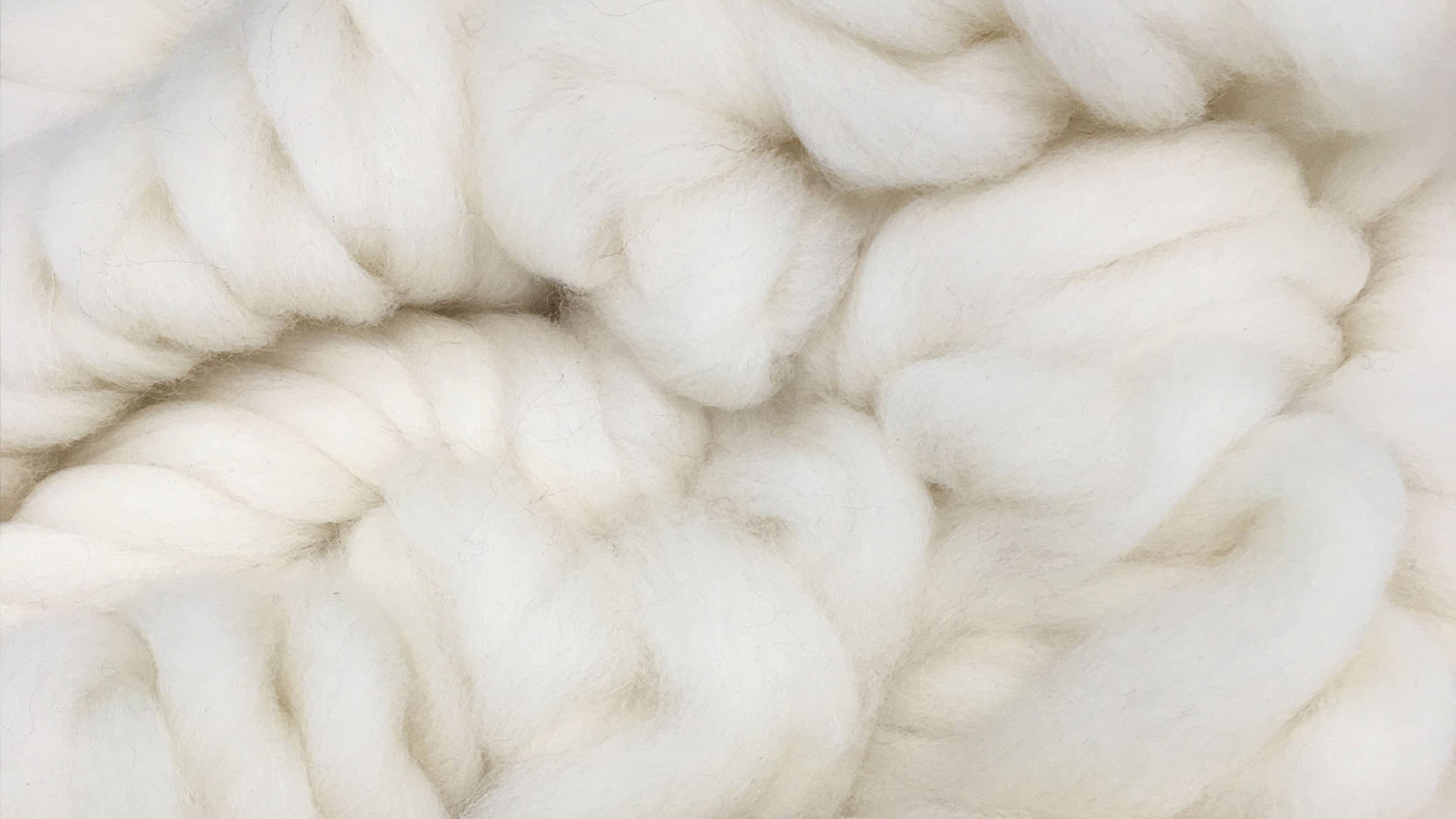
Using Natural Fabrics at Palava | Learn More
What are Natural Fibres when we're talking about fabrics?
Broadly speaking, clothing fabrics fall into two camps: natural fibres made from plants or animal products - cotton, linen, silk and wool all fall into this category - and synthetics, usually made from petrochemicals, aka fossil fuels, the same as plastic. Polyester, acrylic, nylon and polypropylene all fall into the synthetics camp.
To make matters more confusing, natural and synthetic fibres are often blended to make fabrics with specific attributes. Polycotton for example, blends cotton and polyester to make a ‘crease free’ fabric for shirts or bed linen. With clothes, denim is often blended with a little elastane for more stretch.
It is not always easy to source fabrics which are great looking, practical and comfortable and also easy to wear and care for, hold their shape, wash well and let your skin breathe. All while having as little detrimental effect on the environment as possible.
It is a continuous journey of learning and discovery as the industry evolves, but choosing good fabric includes prioritising materials that are durable and wear and wash incredibly well, so read on to find out more about fabrics made of natural fibres - this is what we use at Palava and why:
Some examples of natural fibre fabrics, and their benefits:
Organic Cotton
 All our organic cotton is grown, processed and spun in Turkey.
All our organic cotton is grown, processed and spun in Turkey.
Cotton is the stalwart trooper of the fabric world. Comfortable, breathable and natural, it has structure and a nice feel to it.
The cotton story isn’t all rosy though. Today, conventionally cotton growing uses an estimated 16% of the world’s insecticides and this is having a very negative impact on soil fertility and the surrounding ecosystems.
Growing organically is a lot less damaging to the soil as chemicals and fertiliser use on the crops is limited, but being organic doesn’t solve everything: a current debate surrounding cotton production is the consumption of water. Cotton is a thirsty crop and the trouble starts when inefficient irrigation diverts water from nearby rivers and lakes. This can have a devastating effect on the surrounding ecosystem.
Certified organic cotton requires commitments to limit water consumption and some estimates say organic cotton use up to 91% less water than conventional cotton - which is a big step in the right direction.

At Palava, we decided to start using organic cotton in 2016. The organic cotton we use is grown in Turkey - where it is also woven and printed upon. Keeping all these processes within the same country helps keep carbon emissions from transportation as low as possible.
Organic cotton is certainly better than conventional cotton, and next step is regenerative crops, where the growing actively improves the ecosystem in which it grows. We are keeping an eye on developments here, as there is still some way to go before we can claim that organic cotton has no negative impact on the environment.
 Our new workwear jackets - called Walter - are made from 100% Organic Cotton.
Our new workwear jackets - called Walter - are made from 100% Organic Cotton.
Organic Cotton Sateen
 Our Beatrice Dress uses fabric from one of our archive prints: the Blue Boats print. She is made from Organic Cotton Sateen so she is lightweight and has a luxurious shine to the fabric.
Our Beatrice Dress uses fabric from one of our archive prints: the Blue Boats print. She is made from Organic Cotton Sateen so she is lightweight and has a luxurious shine to the fabric.
Organic cotton sateen fabric is made from 100% organic cotton, hence the name. Sateen uses a satin weave structure which creates a dense weave, subtle sheen, and soft feel with great colour retention, and is perfect for dresses and floaty garments. It is easy to care for, breathable and looks great! What more could we want!
Organic Cotton Jersey
 Our organic cotton jersey is soft and comfortable and is a perfect fit for our new Tina tops with their boat necks and 3/4-length sleeves.
Our organic cotton jersey is soft and comfortable and is a perfect fit for our new Tina tops with their boat necks and 3/4-length sleeves.
Organic cotton jersey it's not woven on a loom, it's knitted and the weave allows it to stretch. The jersey we use at Palava is 100% organic and contains no elastane.
100% Linen
 Our Josephine trousers and new Izzy dress are made out of 100% Linen - the perfect summer fabric that is breathable and luxurious.
Our Josephine trousers and new Izzy dress are made out of 100% Linen - the perfect summer fabric that is breathable and luxurious.
Linen evokes summer days, relaxed sophistication and a timeless aesthetic. It is famous for being the go-to material for summer but its insulating properties make it not only cooling in hot weather but also retain heat in cooler weather. Linen is an incredibly durable fabric which gets progressively softer as it’s worn and washed. It is made from the flax plant - a naturally pest-resistant crop that requires little irrigation and can grow in poor-quality soil without the need for fertilizers or pesticides, so by it’s nature doesn’t even need a certification of being organic! This makes linen a bit of a superhero fabric. The linen we use at Palava is grown in Lithuania.
Cotton / Linen Blend
 Our new Riverside print is printed onto our summer blend of 70% cotton and 30% linen. She makes a beautiful border print on our Louise dress.
Our new Riverside print is printed onto our summer blend of 70% cotton and 30% linen. She makes a beautiful border print on our Louise dress.
Cotton and linen can be blended to make a fabric that is comfortable, strong and durable, and with a beautiful luxurious texture. Furthermore, blending linen with cotton means you'll get less of the crumpling linen is known for and a finer finish to the fabric, while being kinder to the planet than pure cotton. The ratio of cotton to linen has a bearing on the feel of the final fabric: at Palava we tend to use 50% cotton / 50% linen blend in winter, and 70% cotton / 30% linen blend in summer.
Cotton / Hemp Blend
As a plant, Hemp packs quite a punch, being more effective at removing CO2 from the atmosphere than trees. Furthermore, Hemp requires less than a third of the irrigation of cotton, is pest resistant and actually improves the quality of the soil on which it grows.
 Our Five a Day print from 2022 was a firm favourite in the team. It was printed onto our new Cotton-Hemp blend to make a lovely summer Louise dress.
Our Five a Day print from 2022 was a firm favourite in the team. It was printed onto our new Cotton-Hemp blend to make a lovely summer Louise dress.
Some of Palava’s older styles use a unique hemp and cotton blend, a fabric we developed in the hope it would be our most sustainable yet.
However, we couldn't find a sustainable UK hemp producer to turn the plant into a fabric that lived up to our expectations after the first production run we did, so we decided to put this blend on hold until the market catches up and can offer a better solution.
Tencel™ Lyocell
 Our Rita dress in the Sailing Boat print is made from Tencel™ Lyocell as it drapes nicely. It makes it the perfect dance dress... who's in for a little Lindy Hop?
Our Rita dress in the Sailing Boat print is made from Tencel™ Lyocell as it drapes nicely. It makes it the perfect dance dress... who's in for a little Lindy Hop?
Tencel™ Lyocell is big news in the world of textiles. Tencel™ branded lyocell fibres are drapey, smooth and silky to touch much like the beautiful rayon that was used in the 1940s as ‘silk substitution’. It is breathable, biodegradable and wears really well. It is one of the most environmentally responsible fabrics available and we are really excited to be making lots of our styles from it. Tencel™ Lyocell is made from wood that is sustainably sourced from controlled and certified sources. Furthermore it is produced in a ‘closed loop system’ where 99% of the solvents and the water used in the production process are recycled.
All in all, Tencel™ is a bit of a wonder-fabric. Tencel™ is a trademark of Lenzing AG.
British Wool

At Palava we are really proud to use pure British Wool in our Heritage collection. The yarn we use is the combined wool of Masham and Blue-faced Leicester sheep as the combination of these wools makes it both soft and durable - exactly what you want from a piece of knitwear.
All wool in the UK is from non-mulesed sheep and British farmers are required to care for their sheep and will always avoid causing unnecessary stress and pain. British sheep are required to be shorn of their wool once a year for their own comfort and health. Hence, wool is a naturally occurring by-product.
 Our Heritage Molly Cardigan was the first of our heritage range! We're so proud of this Fairisle-inspired design and are excited to grow the collection further.
Our Heritage Molly Cardigan was the first of our heritage range! We're so proud of this Fairisle-inspired design and are excited to grow the collection further.
The making of our wool cardigans uses only water in the washing stage - no chemicals or detergents, and our wool pieces are therefore breathable, durable, bio-degradable and perfectly natural.
 Our Popcorn and Corvette cardigans followed in the autumn of 2023 - also both made from 100% British Wool.
Our Popcorn and Corvette cardigans followed in the autumn of 2023 - also both made from 100% British Wool.
Learn more about our Heritage collection and the wool process HERE.
Harris Tweed
 Our little Harris Tweed Riding Jackets were inspired by one Bryony's mum had as a child. They are the perfect interseasonal piece taking you from summer to winter and back again!
Our little Harris Tweed Riding Jackets were inspired by one Bryony's mum had as a child. They are the perfect interseasonal piece taking you from summer to winter and back again!
Harris Tweed is made from Scottish pure virgin wools and comes from the Outer Hebrides, a conglomerate of islands off the North West coast of Scotland. It is the only fabric in the world governed by its own Act of Parliament!
Our Heritage Riding Jackets proudly use Harris Tweed, which is woven by hand in Stornoway at Kenneth Mackenzie Ltd. They are the oldest weaver of Harris Tweed, and the only one still owned by an Islander.
Waxed Cotton
 In autumn 2023, our waxed cotton trench coats joined the Heritage Collection to get you home and dry!
In autumn 2023, our waxed cotton trench coats joined the Heritage Collection to get you home and dry!
Waxed Cotton is cotton coated with a special water-repellant wax. We produce our Waxed Cotton with the legendary Halley Stevensons. Founded over 150 years ago in Dundee, Halley Stevensons are a world reference when it comes to waxed cotton and weatherproofed fabrics. The cotton fabric for our trench coat is coated with an innovative biodegradable wax blend in their factory in Dundee before being transported to our London factory to be sewn into a unique Heritage Palava trench coat.
Conclusion
There are many factors to consider when choosing what fibres to wear! But comfort, durability, ease and environmental impact are all things to consider. Material innovation is happening really fast, but - like we have seen with hemp - sometimes you have to wait for the market to catch up and the technology to scale. At Palava we keep an eye on developments, and work closely with our supply chain to get the best fabrics for people and planet!
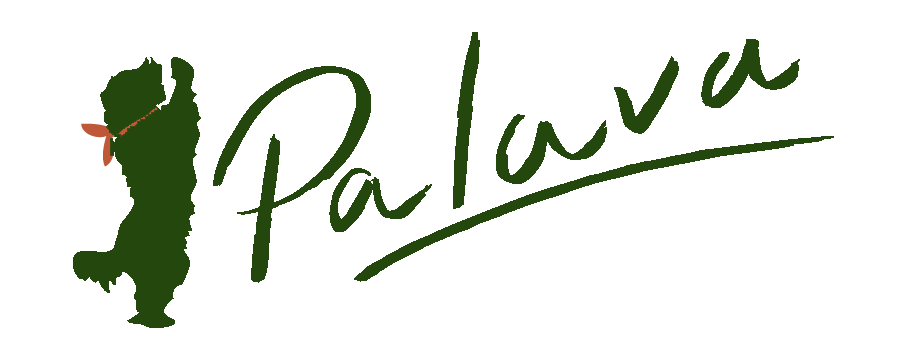

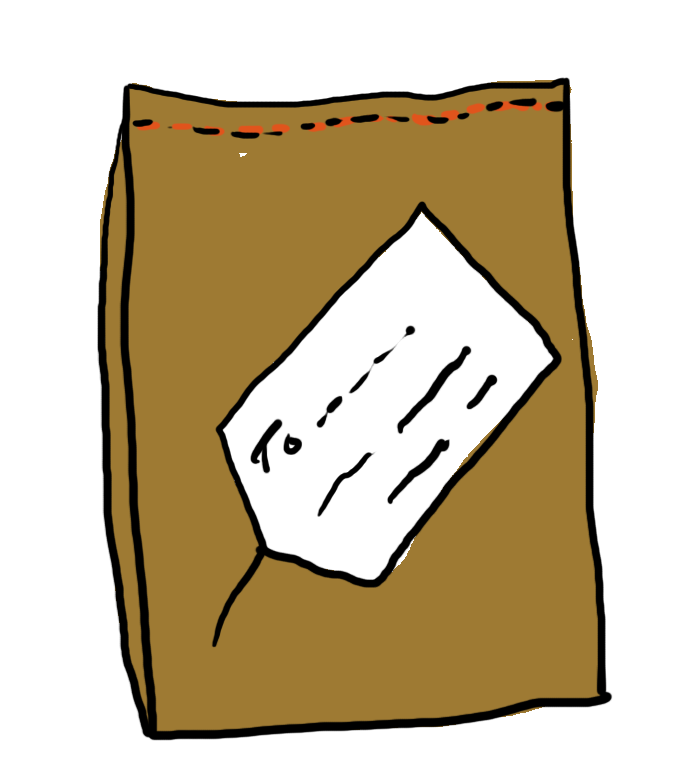
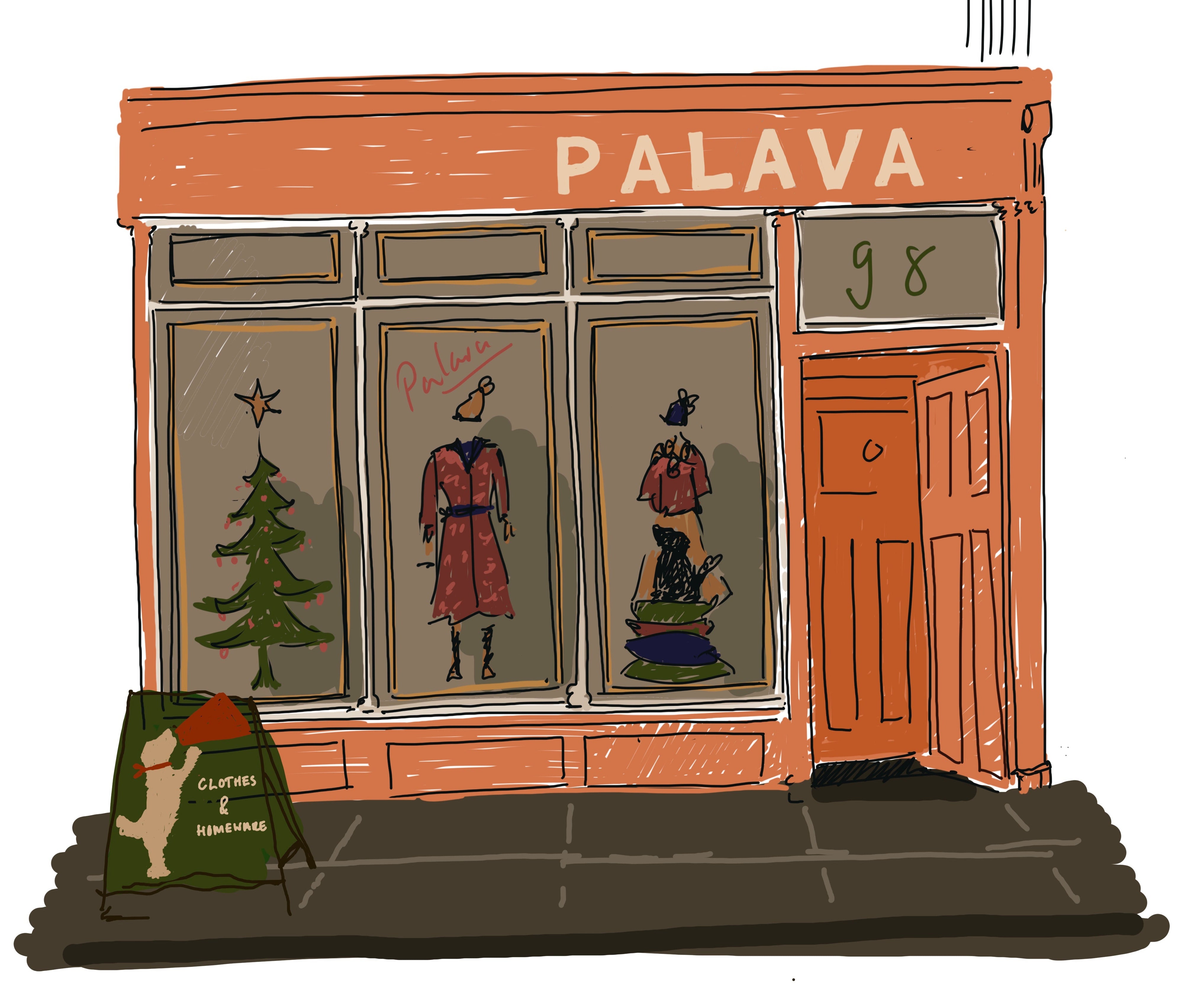
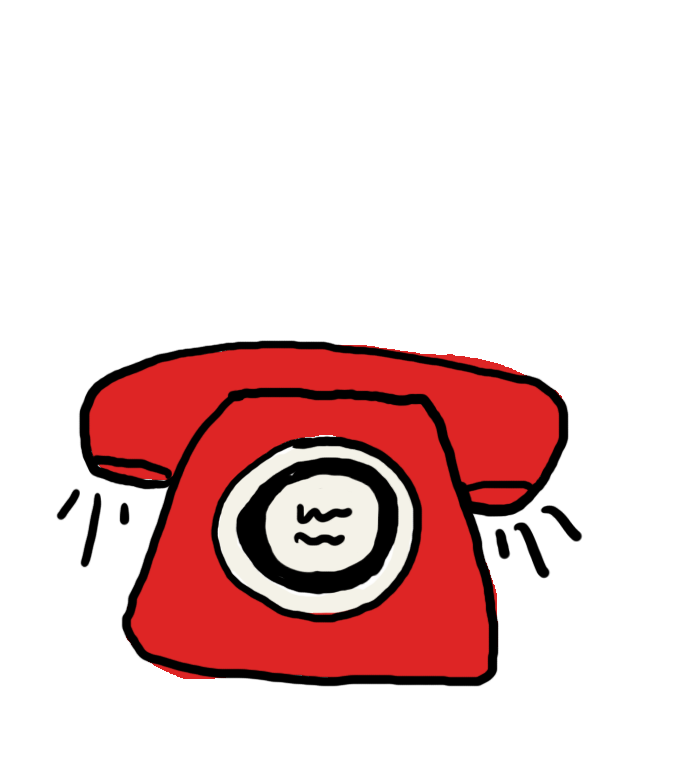
Leave a comment
This site is protected by hCaptcha and the hCaptcha Privacy Policy and Terms of Service apply.